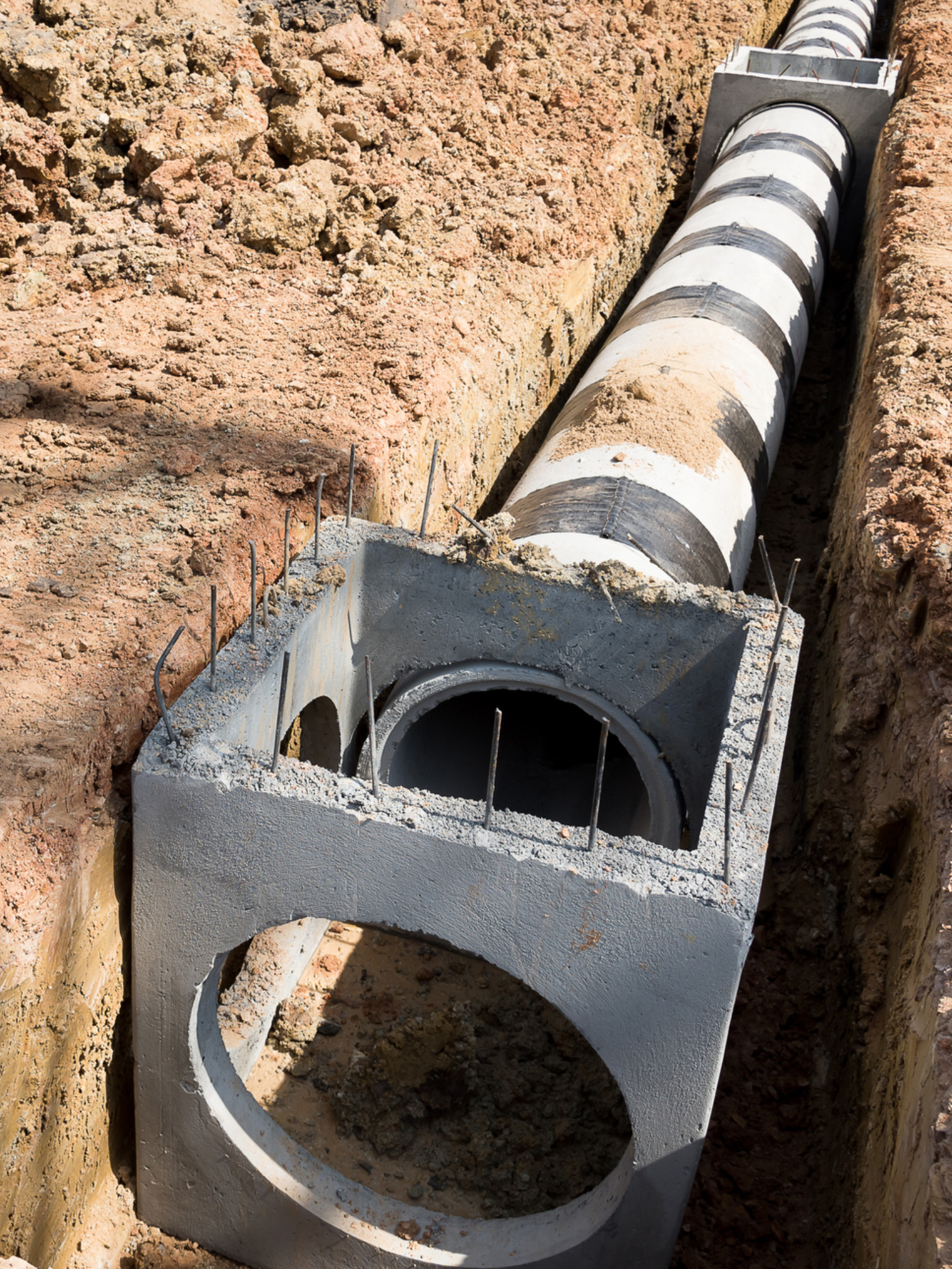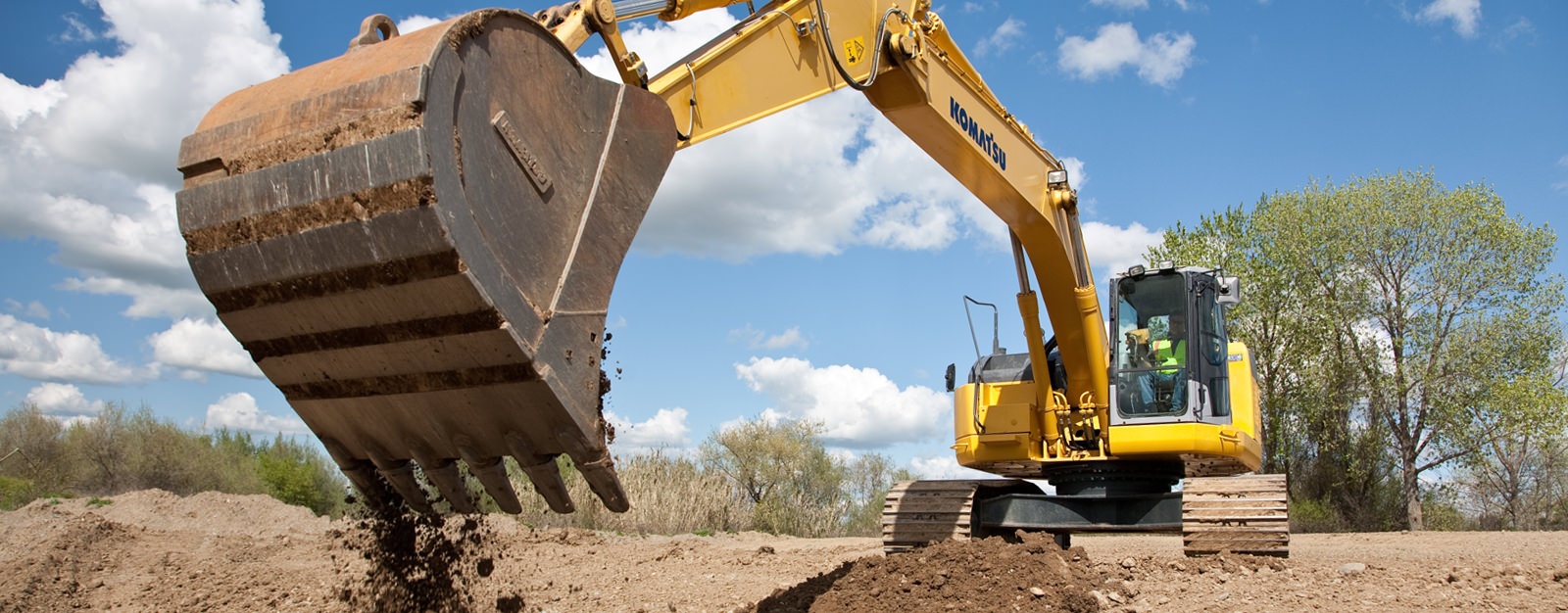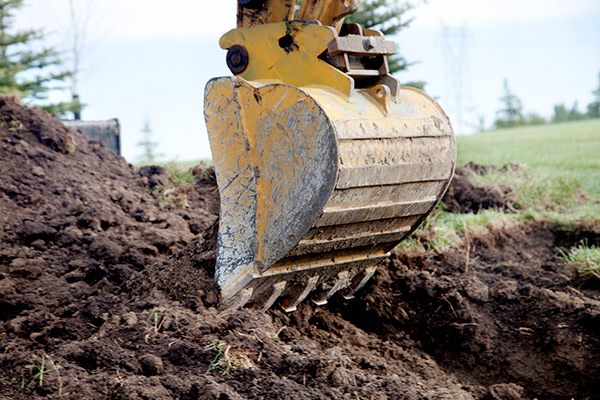Best Dump Truck Companies in Ohio - Top-Rated Dump Truck Providers
Best Dump Truck Companies in Ohio - Top-Rated Dump Truck Providers
Blog Article
Comprehensive Excavation Methods: Grasping the Basics for Success
The mindful planning, accurate implementation, and thorough attention to information needed in excavation jobs demand an extensive method that incorporates various fundamental facets. The real proficiency exists not just in understanding these principles but in flawlessly integrating them to navigate the complexities of excavation projects with finesse.
Comprehending Excavation Project Preparation

The preliminary stage of any type of excavation project is the planning stage, where critical choices are made that can dramatically influence the result of the task. Comprehending the task timeline, budget plan, and range constraints is crucial for developing a comprehensive excavation plan that guarantees the task's success.
One trick aspect of excavation project preparation is the development of a thorough timeline that lays out the series of milestones, tasks, and due dates. This timeline works as a roadmap for the job group, allowing them to track progression and make required modifications to make sure the project remains on routine. Furthermore, a well-defined budget plan that accounts for all expenses, consisting of devices rental, labor expenses, and materials, is vital for preventing price overruns and hold-ups. By very carefully thinking about all these aspects throughout the drawing board, excavation jobs can be implemented effectively and effectively, causing effective outcomes.
Soil Evaluation and Website Assessment
Performing comprehensive dirt analysis and site examination is an important action in the prep work stage of any type of excavation job. Dirt evaluation involves figuring out the structure, framework, and homes of the dirt at the excavation site. This information is critical for comprehending the dirt's bearing ability, moisture content, and possibility for erosion, which are vital consider figuring out the excavation approaches and devices needed for the project.
Site examination exceeds dirt evaluation and includes a wider evaluation of the overall site conditions. This evaluation consists of identifying any kind of potential threats, such as below ground energies, ecological concerns, or unstable surface, that can affect the excavation procedure. By completely evaluating the website, job managers can develop reliable excavation techniques that prioritize security, efficiency, and ecological security.
Using sophisticated modern technologies like ground-penetrating radar, soil tasting, and drone studies can improve the accuracy and effectiveness of soil analysis and site examination. Spending time and resources in these preliminary actions can ultimately conserve time and stop pricey delays or problems throughout the excavation procedure.
Equipment Choice and Application
Efficient excavation tasks count greatly on tactical equipment option and application to make certain optimum performance and efficiency. Selecting the right devices for the job is vital in taking full advantage of efficiency and lessening downtime. Elements such as the kind of dirt, deepness of excavation, and task scope play a significant duty in determining the most appropriate equipment for the job at hand.

In enhancement to picking the suitable equipment, appropriate usage is crucial to project success. Operators needs to be trained to take care of the tools safely and successfully - excavating ohio. Routine maintenance checks and prompt repairs help prevent breakdowns and guarantee consistent performance throughout the job
Precaution and Rules Conformity
In the world of excavation projects, prioritizing safety and security procedures and conformity with policies is paramount to guaranteeing a protected and legitimately sound operational environment. Safety and security procedures include a variety of techniques, consisting of carrying out extensive site analyses, applying proper signage and obstacles, visit our website and offering appropriate safety training for all workers entailed in the excavation process. Adherence to policies, such as OSHA requirements in the USA, guarantees that the excavation job fulfills the essential standards to secure employees, onlookers, and the surrounding atmosphere.

Tracking Development and Adjusting Techniques
How can project supervisors properly track the innovation of excavation projects and adjust their strategies appropriately to enhance results? Tracking development is essential for ensuring that excavation tasks stay on track and meet target dates. Job managers can use numerous devices and techniques to track progress, such as day-to-day report card, normal site inspections, and progressed surveillance innovations like drones and GPS tracking systems. By continuously keeping track of the task's improvement, supervisors can identify any kind of prospective hold-ups or issues beforehand and take positive procedures to address them.

Verdict
Finally, understanding the fundamentals of detailed excavation strategies is vital for the success of any task. By understanding job planning, analyzing soil and site conditions, selecting appropriate equipment, following security policies, and keeping an eye on development, job supervisors can ensure a effective and smooth excavation procedure. Implementing these methods will result in successful outcomes and reduce prospective threats or troubles throughout the excavation project.
The preliminary phase of any excavation project is the planning phase, where critical choices are made that can dramatically influence the outcome of the task. Comprehending the job budget plan, timeline, and extent restraints is important for producing a comprehensive excavation strategy that makes see page sure the task's success.
How can forecast supervisors efficiently track the advancement of excavation jobs top article and adapt their techniques appropriately to maximize results? By very closely keeping an eye on progress and being prepared to adapt methods, task supervisors can enhance the total success of excavation projects.
By comprehending project planning, assessing soil and website conditions, picking proper tools, abiding with security regulations, and checking progress, job supervisors can guarantee a reliable and smooth excavation procedure.
Report this page